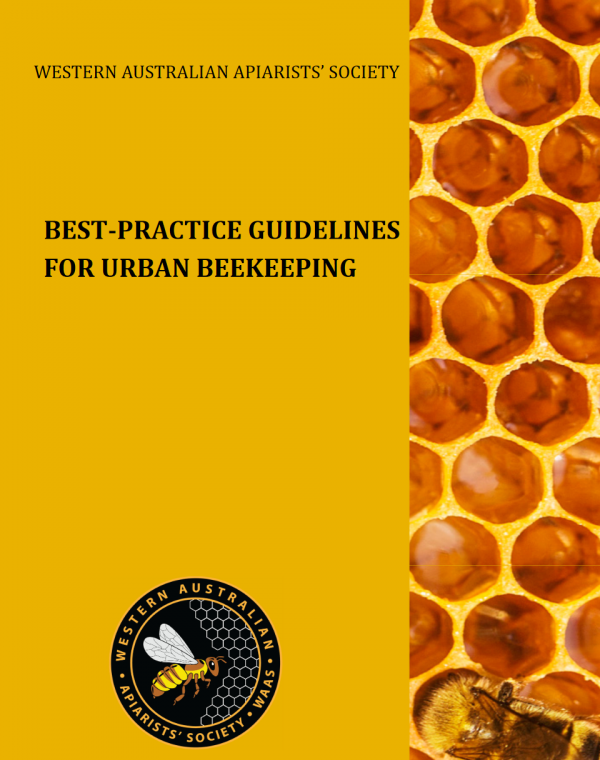
Best practice guidelines for urban beekeeping
The keeping of the European honeybee, Apis mellifera is becoming increasingly popular in urban areas. Beekeeping provides honey for home consumption, enjoyment from looking after bees and learning all about them, and the opportunity to meet like-minded people. The Western Australian Apiarists’ Society Inc (WAAS) was established in 1953. It is an incorporated not-for-profit association whose main object is to promote safe and responsible beekeeping. WAAS has around 1000 members, most of whom reside in the Perth metropolitan area. It also has chapters in the greater Bunbury and Margaret River regions. WAAS has several training apiaries in the metropolitan area and in the regional chapters. The number of hobby beekeepers has increased dramatically in recent years with the growing awareness of the environmental benefits of pollinators and the invention and marketing of the Flow Hive ® making hobby beekeeping more appealing.1 These guidelines apply equally to the keeping of bees in conventional Langstroth type hives as it does to other types, such as Warrè top bar hives and Flow Hives. It does not however, apply to feral hives that establish themselves on an urban property.
Other Books From - Beekeeping
About the author
[books_gallery_author author=""]Other Books By -
Back
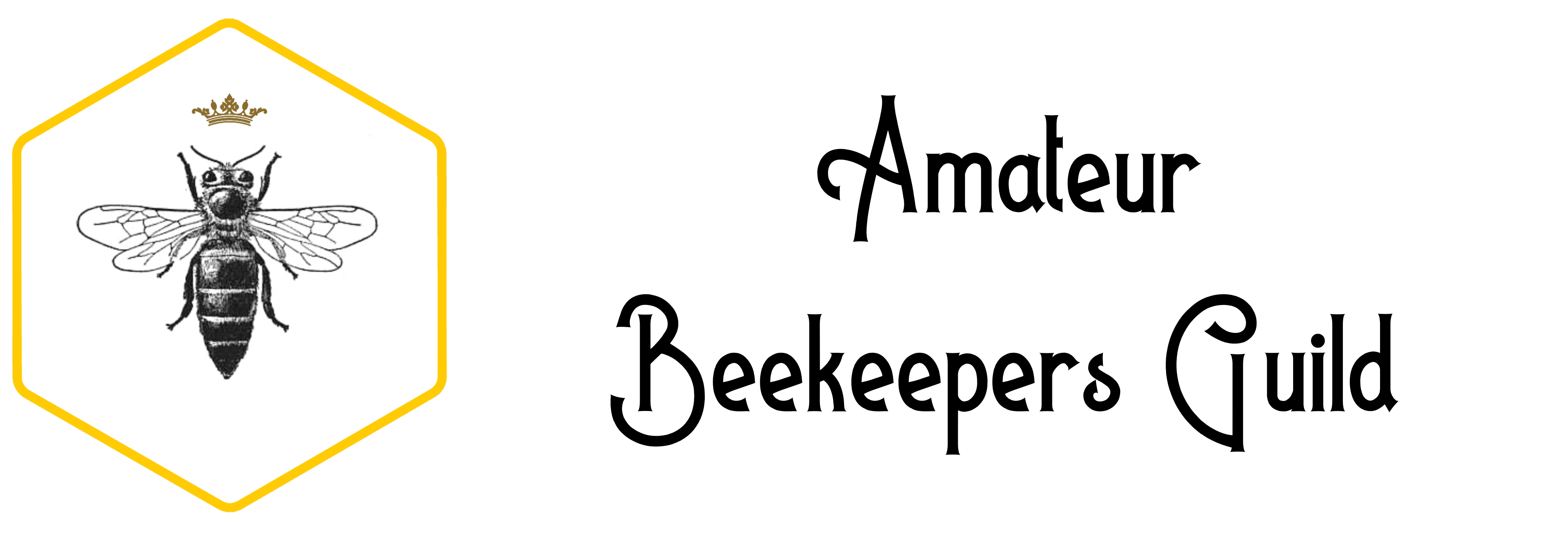
 CoolAustralia.org Love Food? Love Bees! Curriculum Resources
CoolAustralia.org Love Food? Love Bees! Curriculum Resources 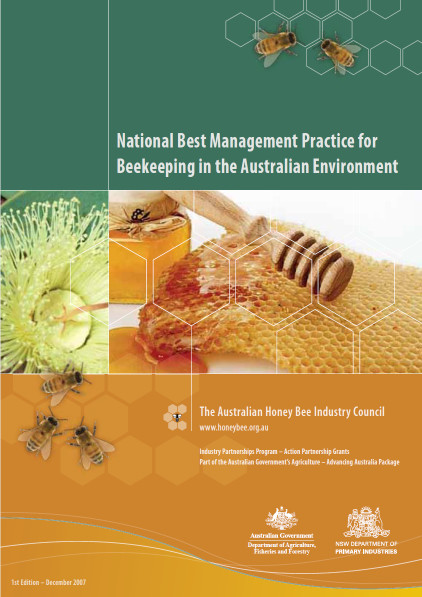 National Best Management Practice for Beekeeping in the Australian Environment
National Best Management Practice for Beekeeping in the Australian Environment 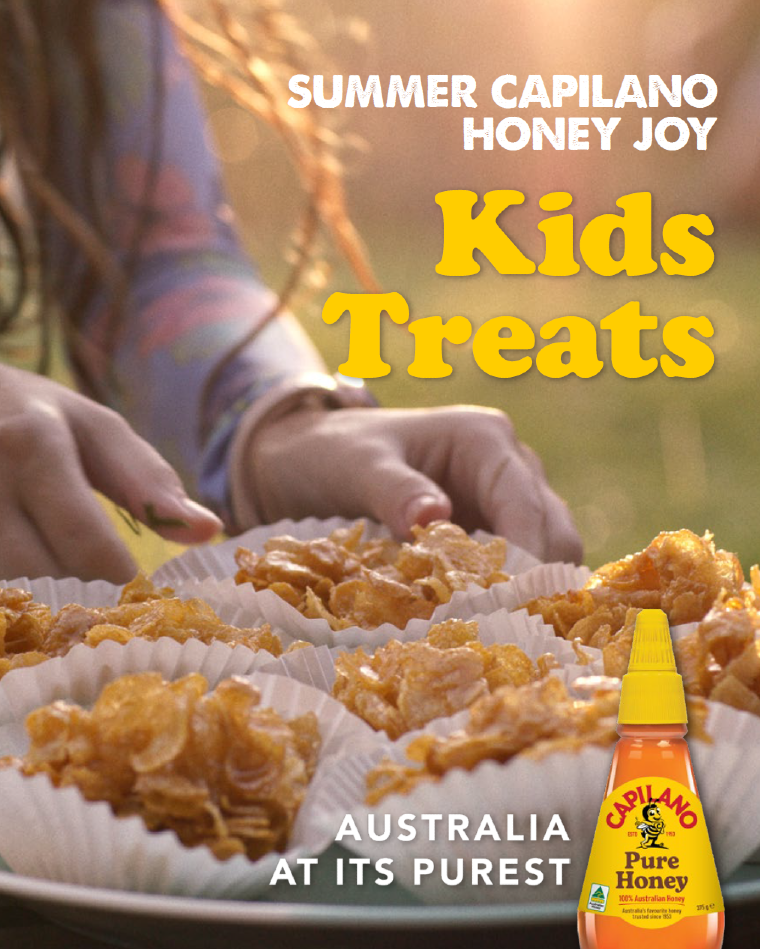 Kids Treats
Kids Treats 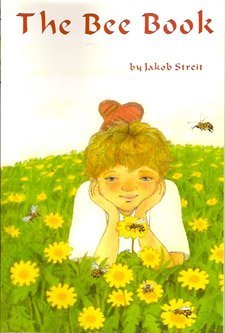 The Bee Book
The Bee Book  So you want to sell bee products
So you want to sell bee products  The Sydney Royal National Honey Schedule
The Sydney Royal National Honey Schedule 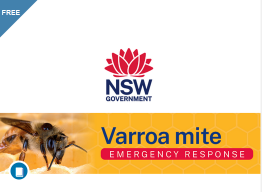 Varroa mite training
Varroa mite training 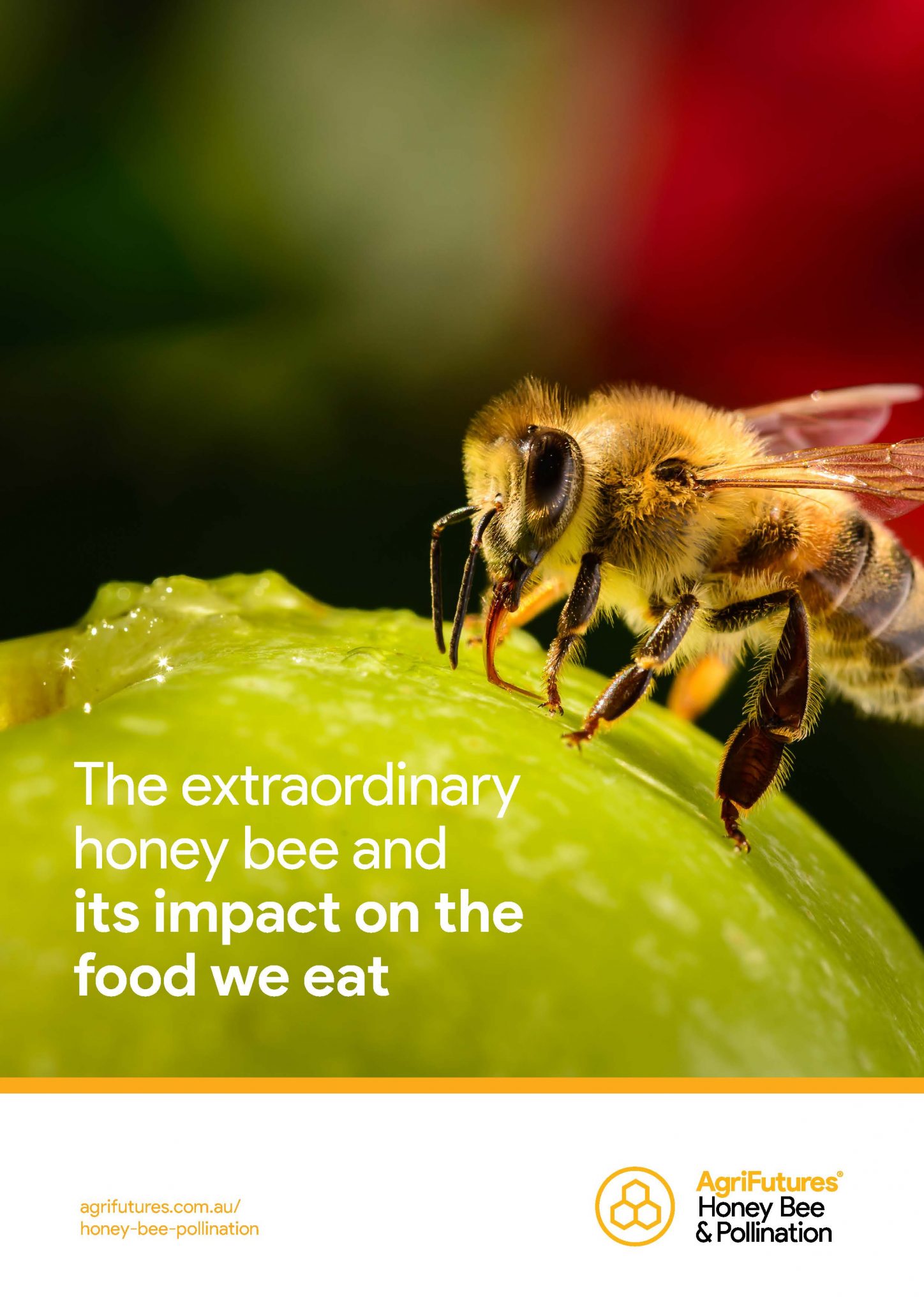 The extraordinary honey bee and its impact on the food we eat
The extraordinary honey bee and its impact on the food we eat 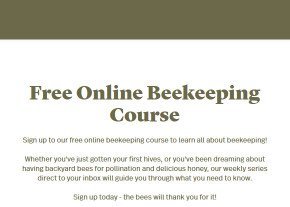 Ecrotek free online course
Ecrotek free online course